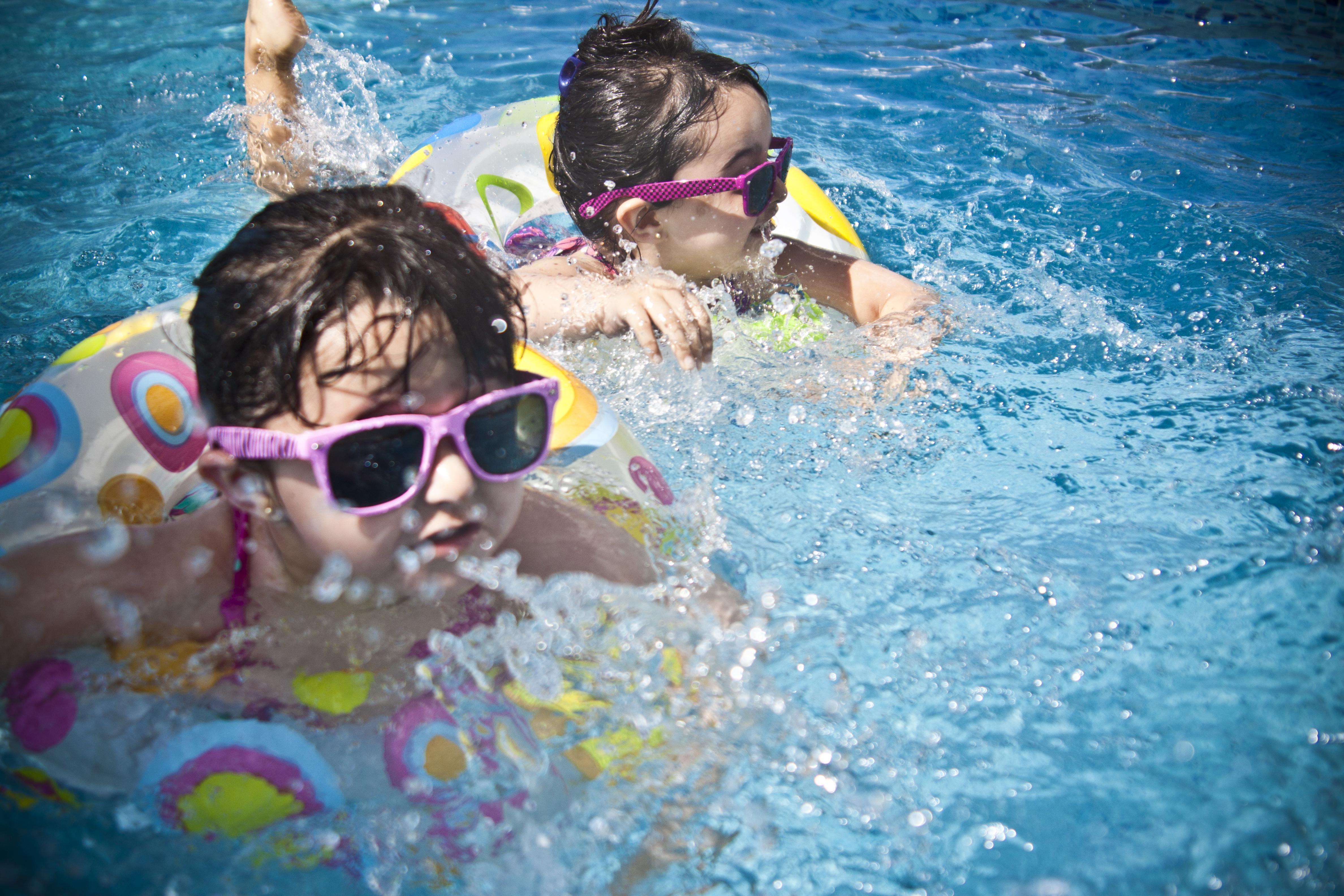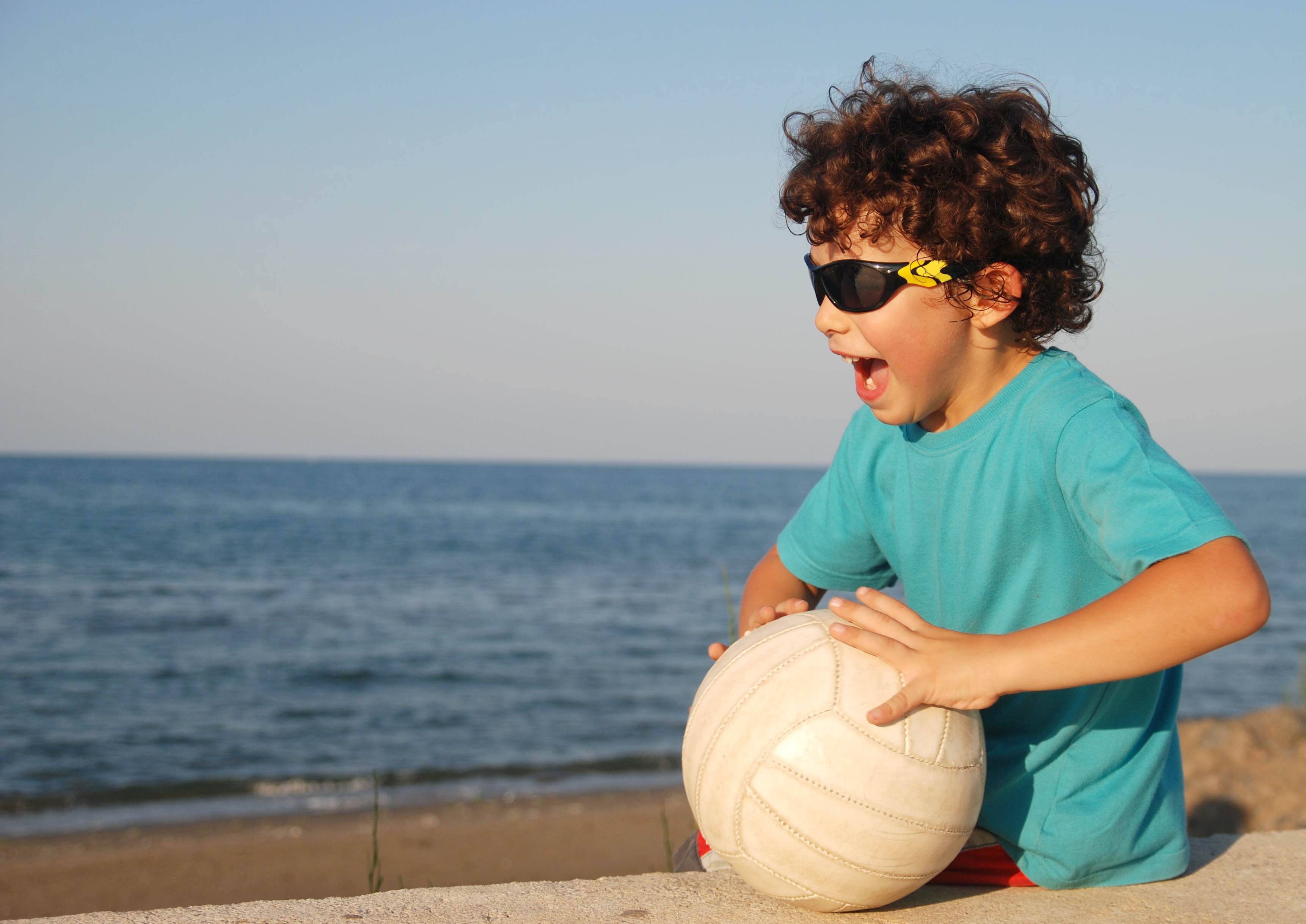Do I Need Sunglasses In The Winter?
It’s going to be sunny this weekend – Don’t forget to protect your eyes! UV protection is important year-round. UV exposure increases on reflective surfaces, such as snow, so you can suffer from sun damage even in the winter. Make sure you grab those sunglasses before you leave the house!
Here are some helpful tips from this article (Don’t Forget To Protect Your Eyes This Winter)
- When eyes absorb too much UV light, growths on the front of the eye and eye cancers, especially on the delicate skin surrounding the eyes.
- People with lighter coloured eyes and skin are even more at risk for damage as they have less of the protective pigment that helps absorb these rays.
- UV rays are stronger during the spring and summer months, but we should be particularly mindful in the winter since UV exposure increases on reflective surfaces, such as snow.
- Wear UV-blocking sunglasses with wrap-around frames to keep the sun out from the sides, and broad-brimmed hats.
- Maintain regular visits with your optometrist who will assess your individual eye health and discuss the best options for protecting your eyes year-round
- Comprehensive eye exams with a doctor of optometry can also reveal insight about your overall health – eg. eye diseases, but also serious health conditions which often have early warning signs present in the eye.
- The eyelid area is one of the areas of the body where skin cancer is first diagnosed.
- Good vision and good eye health are often unrelated. You may have 20/20 vision but you may also have risk factors for UV related eye disease.
Protect Your Eyes From The Sun
Just like we need sunscreen to protect our skin from the sun’s harmful UV rays, sunglasses play an important role in protecting our eyes from the the damaging effects that UV rays can have on our eyes!
Check out this Sun Protection Tip Sheet from Doctors of Optometry Canada:
To help reduce UV radiation damage to your eyes, consider the following tips:
1) Be conscious of the daily UV index and the many sources of UV radiation, including direct sunlight and reflections from snow, water, sand and pavement.
2) Wear sun protection such as sunglasses, UV-blocking contact lenses and a wide-brimmed hat or baseball cap, when outdoors.
3) Never look directly into, or stare at, the sun.
4) Keep out of direct sunlight between 10 a.m. to 4 p.m., when the sun’s rays are strongest.
5) Keep children younger than six months out of direct sunlight. Use a canopy or umbrella as a sun-shield when outdoors.
6) If you require prescription glasses, consider:
- Variable tint or transitions lenses that darken when exposed to UV light
- A separate pair of glasses with tinted lenses and UV400 protective coating for outdoor use
- Contact lenses with UV protection in combination with non-prescription sunglasses (check out the selection of high-quality prescription and non-prescription sunglasses offered by your Doctor of Optometry)
7) If you do not require prescription glasses, choose over-the-counter sunglasses with:
- A close-fitting, wrap around style frame
- 100% UVA and UVB blocking lenses
- Impact resistant lenses
Happy Canada Day!
Wishing everyone a safe and happy Canada Day!
Click here for some tips on how to keep your eyes safe outside 🙂 (including my favourite – sunglasses with 100% UV protection!)
UV Protection For Your Eyes
UV can cause some serious eye damage! Protecting your skin from sunburn and skin cancer is a no brainer, and it’s just as important to protect your eyes. Overexposure to UV rays has been linked to a variety of eye problems, including cataracts, age-related macular degeneration, corneal sunburn, and eyelid skin cancer. Here are some tips for staying safe in the sun:
- Start with sunglasses that are 100% UV blocking for UVA and UVB. A close-fitting wrap-around style can help further cut down rays from the sides. Protection is important even on cloudy days and in the winter, because UV still gets through and reflects off snow, water, and pavement.
- Children are at higher risk than adults! UV exposure is cumulative and it’s estimated that 50% of lifetime exposure occurs before the age of 18. Make sure your kids are wearing sunglasses + hats anytime they’re outside.
- Avoid sources of UV – don’t stare at the sun, and stay out of direct sunlight during 10am – 4pm, when the sun’s rays are strongest. Add a wide-brimmed hat for extra protection!
- Stay informed – get regular eye exams to monitor eye health, and maintain good vision. If you are potentially exposed to UV at work (eg. welders, hairdressers, lighting technician, paint and resin works, or outdoor workers), find out when you’re at risk and get protection.
- Know the signs – If you experience pain, blurry vision, or an aversion to light, make an appointment to see Dr. Lee right away
Book an annual eye exam to identify early signs of UV damage to the eyes, and take the necessary precautions to protect your eyes from the sun’s harmful rays. Dr. Lee can make recommendations to help you make sure your eyes are well-protected.





